Welcome to Your Weekend+
News Based on facts, either observed and verified directly by the reporter, or reported and verified from knowledgeable sources.
The arts community’s struggles post-COVID; catching up with puzzlemaster Will Shortz; a conversation with one of the county’s top wine experts; what to this weekend (and beyond); and more

Good morning! Today is Monday, March 28, and you are reading today’s section of Examiner+, a digital newsmagazine serving Westchester, Putnam, and the surrounding Hudson Valley.
Need to subscribe — or upgrade your Examiner+ subscription to enjoy full access to all of our premium digital content? Details here.

Sweet Business
Greyston Bakery founder and Zen Buddhist Bernie Glassman created the company’s open hiring business model back in 1982 by asking a simple question: How do you give people, especially those who face barriers to meaningful employment, hope?
“He believed you start by just giving them a job,” Joseph Kenner, President and CEO of Greyston Bakery, says, explaining the company’s hiring approach that’s been in place for four decades.
Unlike other companies’ application processes, Greyston doesn’t require any resumes, interviews, or background checks. Instead, individuals seeking employment simply fill out a brief form to get on the waitlist, no questions asked.
Open hire positions are offered on a first-come, first-served basis, and after someone’s name is on the list, they wait to receive the phone call that they’re hired.
After being hired, new employees go through a two-day orientation followed by a six-month training process, which gives them an introduction to both the hard and soft skills they’ll need to succeed in their new roles at Greyston.
“The open hiring is an opportunity to give a lot of individuals the chance to prove to themselves that they can come back to the workplace,” Director of Human Resources Abigail Saunders, who has been overseeing the company’s onboarding process for six years, says.
Where many HR professionals are trained to look narrowly at relevant prior work experience or a specific educational background, Saunders and the leadership team instead see potential in each and every person, regardless of their past.
But Greyston’s inclusive processes don’t end after hiring. By meeting individuals where they are and providing them with the support they need to successfully navigate life circumstances through an onsite social worker, Greyston works to help its employees achieve self-sufficiency and stability.
“[Open hiring] is how we bring people in,” Kenner says. “But once they get here and get their training, do they feel safe? Do they feel supported? Do they really feel like they’re a part of a team?”
For Kenner, taking a holistic approach to sourcing and nurturing employees is an important part of Greyson’s business model. “That’s what inclusive employment is, and open hiring is the appetizer to that,” he says.
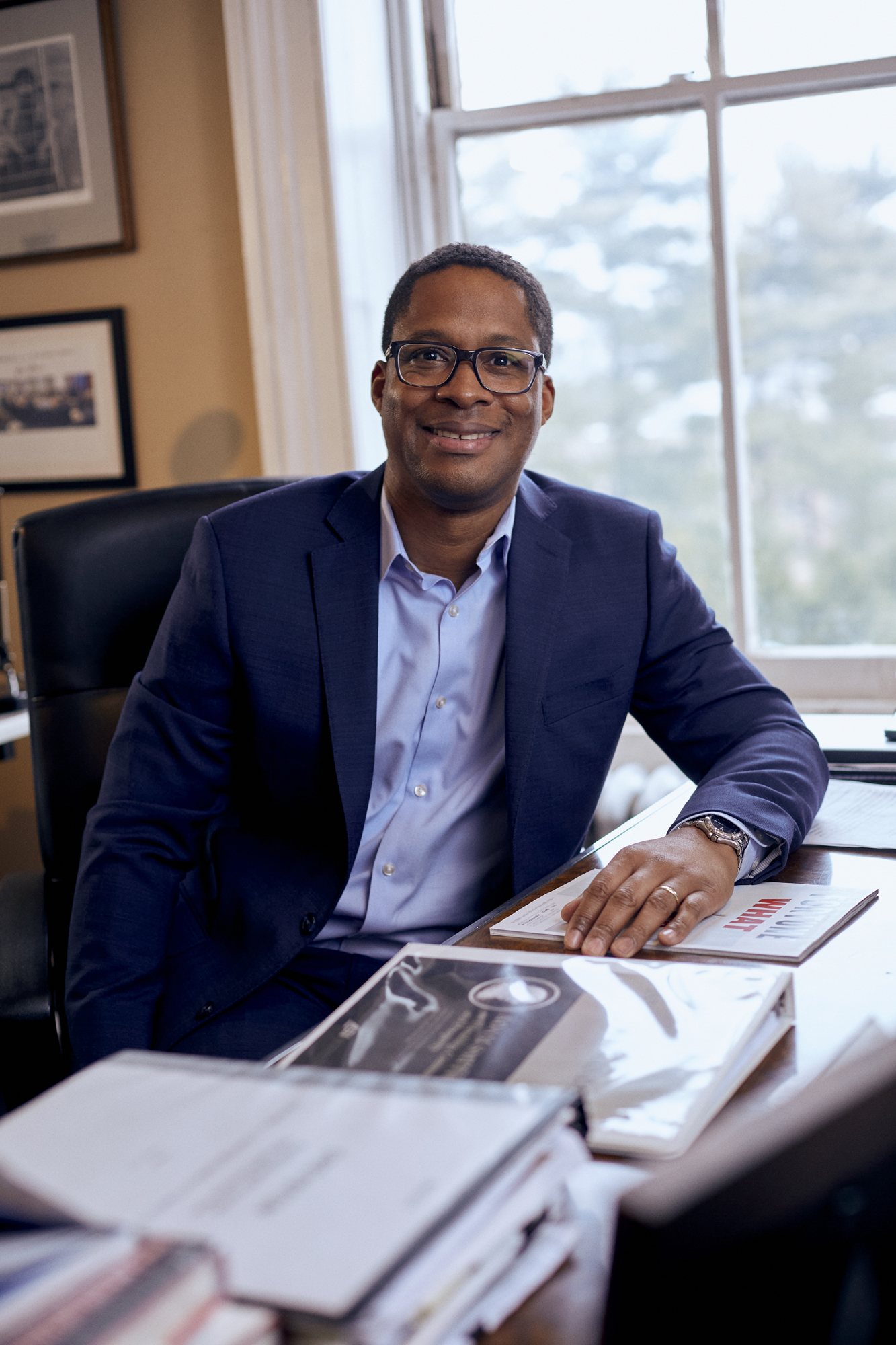
“One of the best things that we do here is trust that you have the potential,” Saunders explains, highlighting that not only are Greyston’s employees eager to work but they’re also like sponges, working hard to absorb and hone new skills.
At Greyston, being formerly incarcerated, overcoming a substance abuse problem, recently immigrating to the country, or returning to the workforce after a gap in employment doesn’t diminish the company’s trust in an individual’s ability to thrive moving forward. “They might come here thinking this is just your average job, but it’s much more than that,” Saunders says.
DOING WELL BY DOING GOOD
Greyston’s signature product is its line of packaged brownies (currently, six varieties — three of them vegan), all made sans artificial preservatives, flavors, sweeteners, or hydrogenated fats.
Their brownies caught the attention of Ben Cohen, co-founder of Ben & Jerry’s ice cream. Cohen was so smitten with them, in 1987 he closed a deal with Greyston to purchase their brownies for use in Ben & Jerry’s ice cream. Today, Ben & Jerry’s remains the bakery’s biggest buyer of its brownies for several of its ice cream flavors, including best-selling Chocolate Fudge Brownie and Half-Baked. Other corporate clients include Shake Shack and Delta Airlines. Individuals can purchase their brownies at retail locations including Whole Foods and Mom’s Organic Markets, and directly via their website.
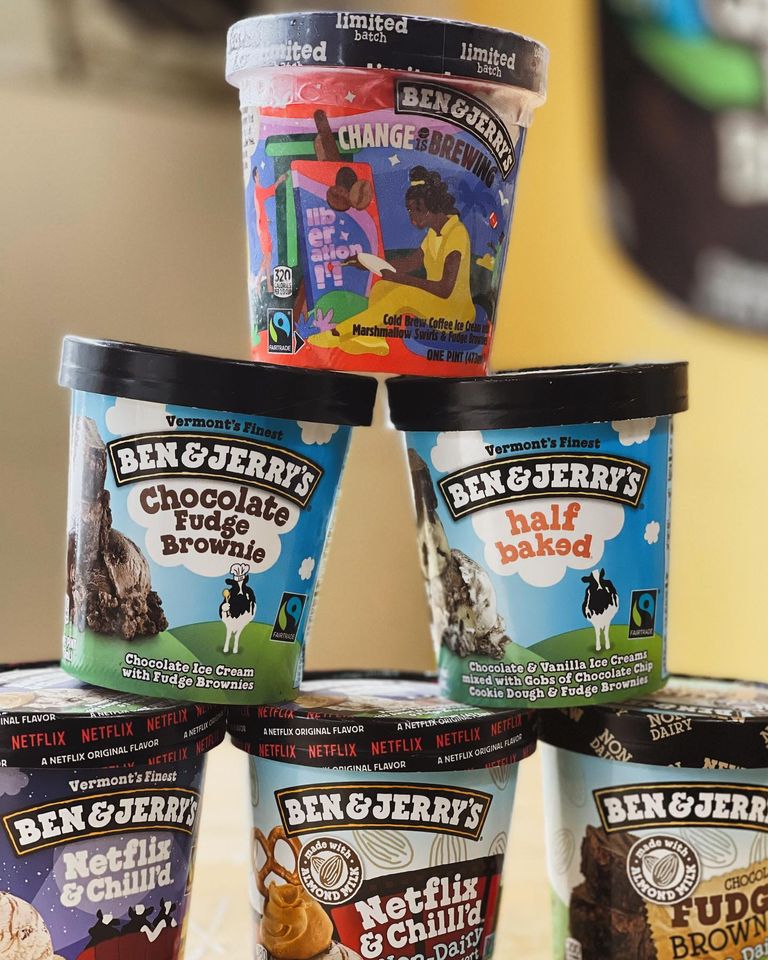
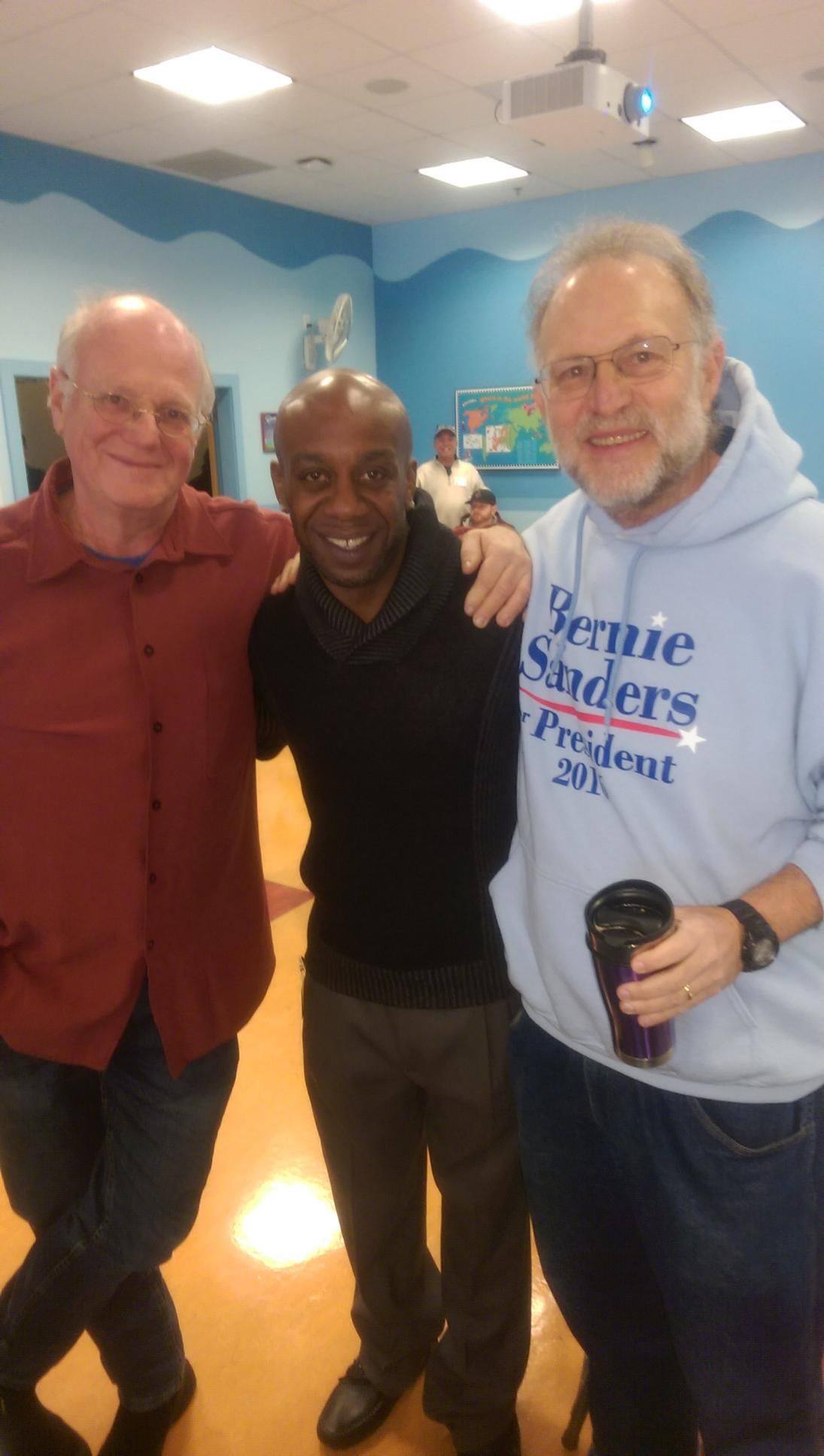
WATCH THE VIDEO: THE STORY OF BEN & JERRY’S BROWNIES
While the bakery, which employs more than 125 people and operates 24-hours-a-day, is a for-profit enterprise, its profits are funneled to its parent organization, the nonprofit Greyston Foundation, which seeks to amplify the bakery’s mission throughout the community with workforce development and youth engagement programs. Key among its initiatives is the Greyston Employment Opportunity Center, which assists other employers interested in replicating Greyston’s inclusive hiring practices, and by directly placing new workers with them.
In 2008, Greyston was recognized for its efforts by becoming one of the first certified B Corps in New York — a designation for companies using the power of business for social, environmental, and economic good. Greyston has been rated a “Best for the World” B Corp every year since 2013, an honor conferred on the top-five percent of B Corps worldwide that demonstrate best-in-class standards and practices.
In 2021 Greyston announced a new initiative, Vision2030, to get 100,000 people hired with participating employers via its Greyston Employment Opportunity Center.
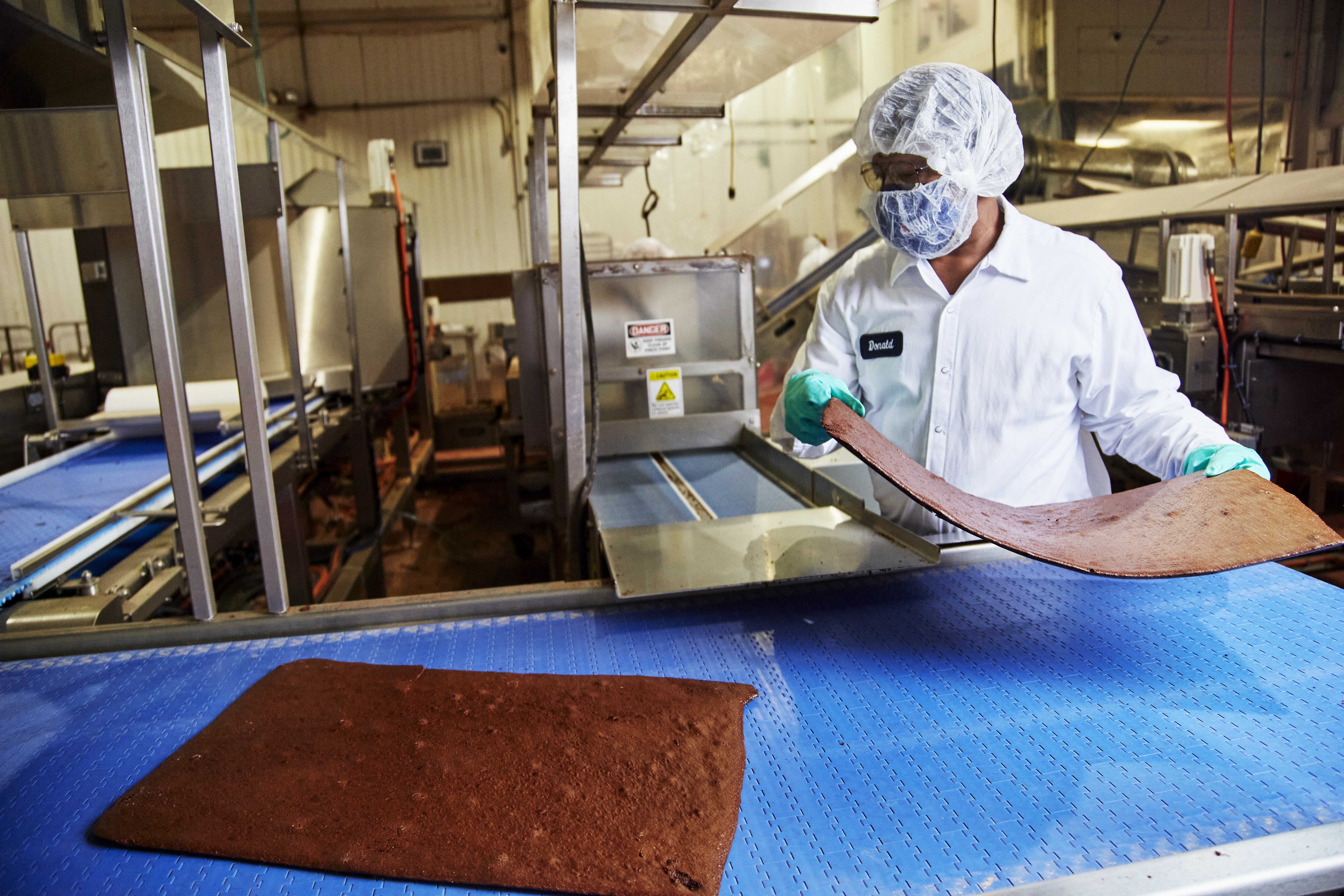
A PATH FORWARD — AND UPWARD
Quentin Frederick, who has been working at Greyston since 2014, initially got his start as a line worker at the bakery. Three years into the job, he switched over to the sanitation department, where he was later promoted to lead — just one example of how Greyston gives its employees the opportunity to grow.
When asked how it feels to be recognized and rewarded for his work ethic, Frederick says it’s tremendous and self-esteem-building. “Given my background, that’s what makes it all the better,” Frederick adds, explaining that he was previously involved with drugs and had problems with the law. “That’ll take you to places that you don’t want to be,” Frederick says. “When I came to Greyston, I was pleased to know that they will hire somebody like me.”
Prior to putting his name on the waitlist, Frederick never envisioned working in a bakery, let alone mastering the maintenance and upkeep of the factory machinery. “I didn’t know any of that until I came here,” Frederick explains. “That’s a skill that I’m proud of, that I pretty much perfected.”
Frederick says eight years since joining Greyston it’s the people and camaraderie among employees that keep him excited to come to work every day. At 63, Frederick is looking to retire in a few years, but for now, he’s enjoying the environment. “I can’t tell you how appreciative I am of this job and the opportunity they provided me,” Frederick says. “It’s everything to me right now.”
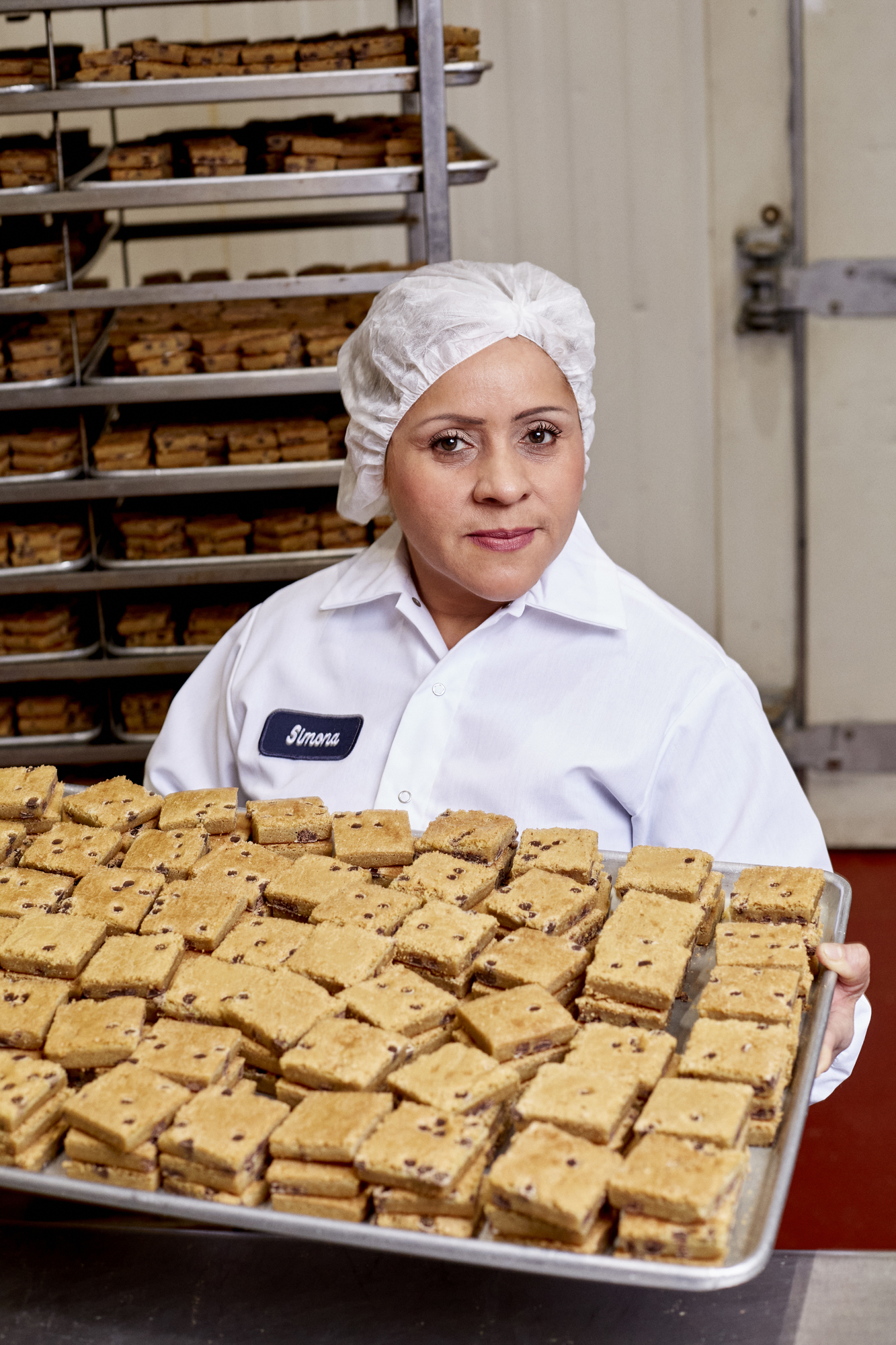
CORPORATE GOOD, NOT GREED
Prior to joining Greyston in April 2020, Kenner spent most of his professional career in corporate America.
“If you had told me [then] that there is this company that was hiring people and didn’t ask questions or do background checks, I would have laughed at you because coming from a corporate background, that would never happen,” Kenner says.
But once Kenner joined the company as its CEO, he came to fully appreciate the bakery’s business model for its ability to transform people’s lives, as well as its economic success.
“To see lives transformed in the way that we do it is just incredible to me,” Kenner highlights. “It’s not just the people that we hire whose lives we’re transforming. It’s their family, the community they live in, and the society they’re a part of that really impacts me.
“For me, it was really being a part of a transformation that really drew me to this — in addition to the fact that it’s a successful business located in an area that needs one,” Kenner adds.
Greyston’s open hiring model has paved the way for other purpose-driven companies to pilot similar approaches.
For The Body Shop North America, an ethical beauty and skincare company, an open hiring model was a natural fit. After piloting an open hiring program at their distribution center in Raleigh, North Carolina, The Body Shop’s turnover rate was cut by two-thirds and their productivity increased by 13 percent, according to Kenner. Based on its success, The Body Shop expanded open hiring further.
“It’s really about leaders being bolder, looking at things differently, and being able to say, ‘let’s try something [new],’” Kenner underscores.
With concerns of an unprecedented labor shortage as the U.S. economy rebounds, Kenner believes that open hiring models could be an answer to many companies’ hiring challenges.
“We’re not going to have economic development unless we grow our labor force,” Kenner says. “We’ve got to start looking in nontraditional areas and find achievable solutions that will address this problem.”
For people whose backgrounds have historically excluded them from traditional job opportunities, companies like Greyston offer a chance for meaningful employment.
“Greyston is employing a segment of the population that is, in many cases, forgotten,” Kenner explains. “This is for the folks that have resolved they want to be successful, but because they have one or more barriers, they have been blocked from opportunities to work.”
HOPE RENEWED
John Wagonstein had been out of the workforce for 15 years when he first found out about Greyston’s open hiring process on a news segment on TV. Living with his mother at the time, Wagonstein faced challenges when looking for a job because of a prior conviction.
He decided to put his name on the open hire list and, after six months, Wagonstein got the call to come in for orientation in the fall of 2018. Starting on the production floor, Wagonstein worked there for a year before being promoted to the quality assurance team. “I didn’t miss any days of work, I was here on time, and after one year, they recognized my good work habits,” Wagonstein explains.
Before working at Greyston, Wagonstein says he didn’t have much independence. Now, he’s moved out and gotten a place to live on his own. With stable employment, Wagonstein’s been able to get his freedom back.
“I think I’m a good example for other people that come in through open hiring that there is hope,” Wagonstein says.
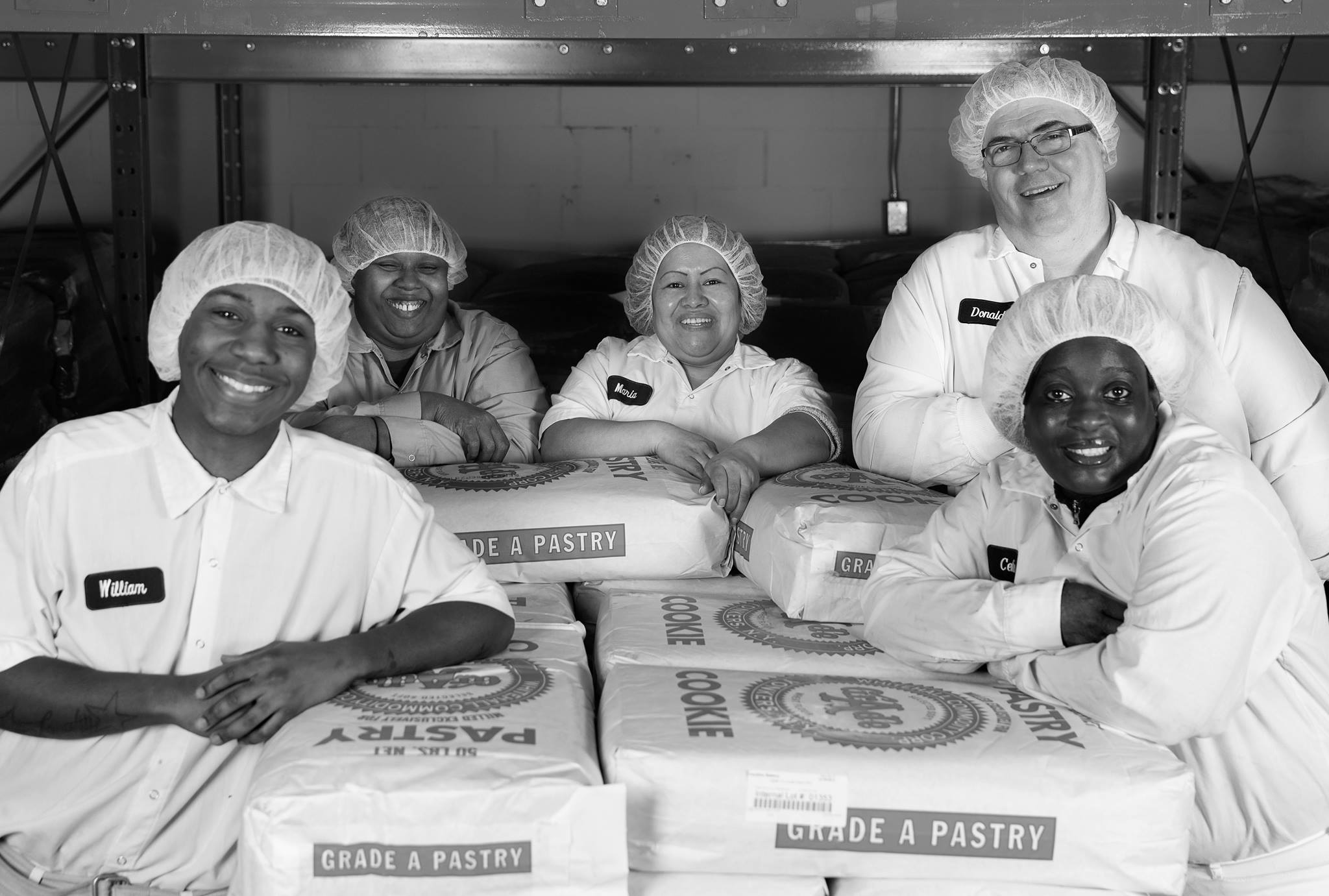
Bailey Hosfelt is a full-time reporter at Examiner Media, with a special interest in LGBTQ+ issues and the environment. Originally from Connecticut and raised in West Virginia, the maternal side of their family has roots in Rye. Prior to Examiner, Bailey contributed to City Limits, where they wrote about healthcare and climate change. Bailey graduated from Fordham University with a bachelor’s in journalism and currently resides in Brooklyn with their girlfriend and two cats, Lieutenant Governor and Hilma. When they’re not reporting, Bailey can be found picking up free books off the street, shooting film photography, and scouring neighborhood thrift stores for the next best find. You can follow Bailey on Twitter at @baileyhosfelt.
We hope you’ve enjoyed today’s section of Examiner+. What did you think? We love honest feedback. Tell us: examinerplus@theexaminernews.com
For hyperlocal news coverage of Westchester and Putnam from our four community newspapers, visit our sister site, www.theexaminernews.com
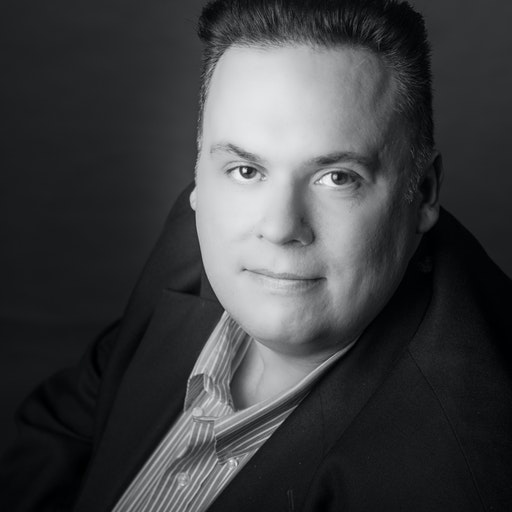
Robert Schork is Examiner Media’s Digital Editorial Director.
